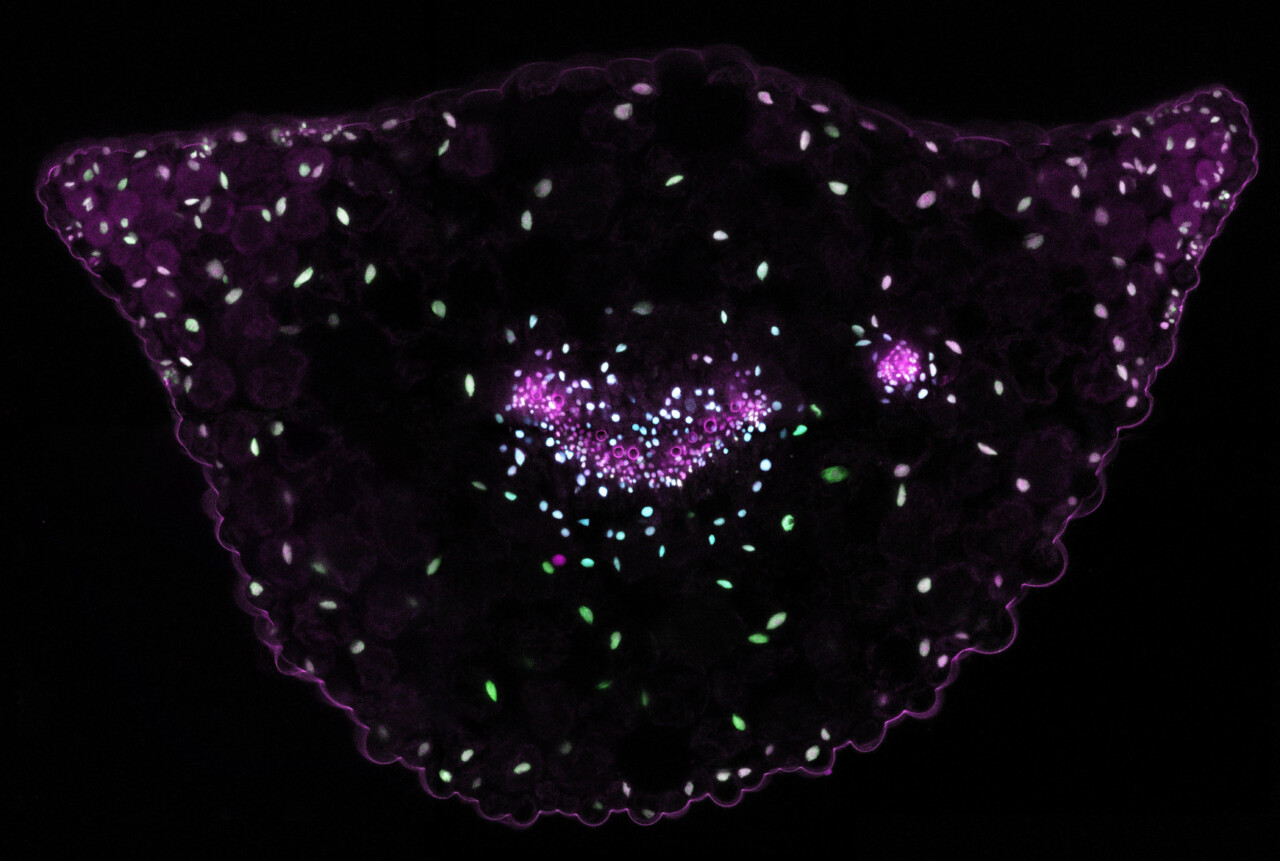The Graduate School EPS requires an individual Training and Supervision Plan (TSP) for every PhD candidate (all categories). In order to be eligible for reduced fees for the training, your local or EPS TSP must be approved. The EPS TSP form can be obtained under EPS Documents.
The outline of the EPS TSP should be prepared in consultation between the PhD candidate and the PhD supervision committee, which consists of the (co)promotor(s) and the daily supervisor(s). The TSP describes how the training part of the project is scheduled within the framework of two fixed provisions: the time spent by a PhD candidate on education is 15% of the appointment (= minimum of 30 ECTS credits) and the maximum time spent on teaching duties is 10% (= 84 days or 672 hours). This outline can be adjusted later on, if needed.
Specific terms for the training part in the EPS TSP
EPS requires a minimum of 30 ECTS credits to be spent on educational activities (different rules might apply to non-WUR PhD candidates, please check here). In the TSP file itself you can find comments with information about the minimum and maximum requirements for each category, if you hover over an item with your pointer. Below you can find more detailed information about the requirements for the five different training categories. One ECTS credit point equals a study load of 28 hours. A full day programme is usually credited with 0.3 ECTS, while a half day programme is credited with 0.2 ECTS.
1. Start-up phase
Minimum:1.5 ECTS credits
These educational activities will provide the PhD candidate with the essential knowledge, theoretical background and skills to carry out the research.
2. Scientific exposure
Minimum: 7 ECTS credits
These educational activities aim to introduce the PhD candidate in the national and international network of scientists involved in related research. Knowing the network and developing a good reputation in the network is considered to be a key factor for the PhD candidate’s scientific future.
3. In-depth studies
Minimum 3 ECTS credits
These educational activities aim to provide the PhD candidates with a sound scientific base for their research and their future career in science or related to science. The in-depth studies can consist of courses, workshops, season schools, placements at other laboratories and journal clubs.
4. Personal development
Minimum 3 ECTS credits
These educational activities aim to strengthen the PhD candidate’s abilities and performance skills in their project and their future career in academia or outside academia. Personal development courses and trainings are organized at all universities by specialized branches of their own organization. EPS also recognizes the potentials of personal development through the (co)organization of scientific meetings, courses or outreach activities, or the membership of the EPS PhD council.
5. Teaching & Supervision Duties
During the PhD project the PhD candidate might be required to perform teaching and supervision duties or might choose to participate in these activities voluntarily. Please note that the PhD candidate should not spend more than 10% of their time on these teaching and supervision duties and that clear learning targets for the PhD candidate should be agreed upon in the TSP form. Please note that this section on teaching and supervision duties is only available in the new TSP version from November 2019 onwards.



